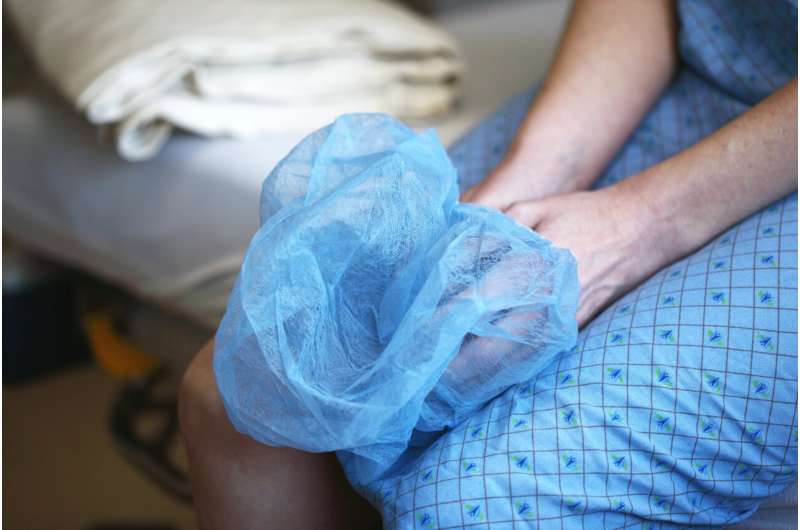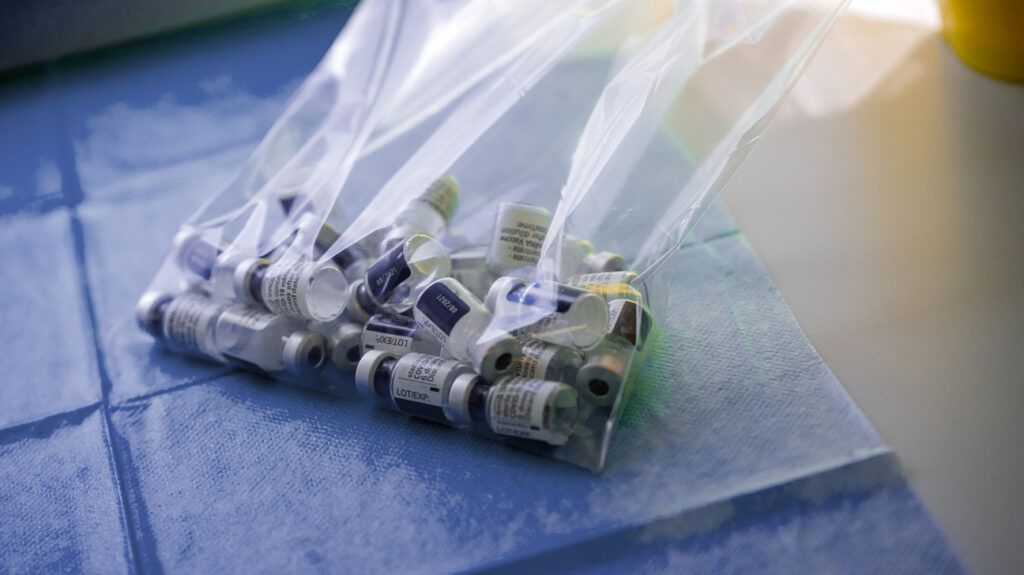Hidden Surgical Risks: The Impact of Alcohol Withdrawal Syndrome on Postoperative Outcomes

Recent studies reveal that alcohol withdrawal syndrome significantly impacts surgical outcomes, increasing risks, hospital stays, and costs. Early detection is vital for improved patient recovery.
Alcohol withdrawal syndrome (AWS) is a serious condition that can occur in individuals with alcohol use disorder (AUD) undergoing surgery. It poses significant risks during the postoperative period, potentially leading to complications that can extend hospital stays, increase healthcare costs, and negatively affect recovery. In the United States, approximately 28.9 million people aged 12 and older live with AUD. Studies have previously indicated that up to half of hospitalized patients with AUD may develop some form of AWS, with a subset progressing to severe withdrawal manifestations such as delirium tremens (DT), characterized by symptoms including confusion, irritability, tremors, nausea, seizures, and more.
A recent comprehensive study conducted by surgeons at The Ohio State University assessed the national trends and outcomes related to AWS in surgical patients. Analyzing data from 3 million adults between 2016 and 2019, the researchers found that around 0.5% of these patients, approximately 16,504 individuals, were diagnosed with AWS. Among them, 6,591 experienced DT. The study revealed that AWS is linked with poorer surgical outcomes, including longer hospital stays—median of 11 days compared to 6 days for others—and increased costs, averaging $44,300 versus $28,800 with non-AWS patients.
Patients with AWS tend to be younger, predominantly male, and more likely to have Medicaid coverage. The presence of AWS was associated with heightened risks of respiratory failure and sepsis post-surgery. Importantly, the study highlighted that AWS increases hospitalization costs by an estimated $10,030 per patient, cumulatively contributing to an excess healthcare expenditure of approximately $165.6 million nationally.
The findings emphasize the necessity for standardized perioperative screening for alcohol use and withdrawal symptoms. Early detection and intervention could significantly improve surgical outcomes, reduce hospital stays, and lower healthcare costs. Strategies focusing on inpatient withdrawal management and risk stratification are crucial in addressing this hidden surgical risk. As Professor Timothy Pawlik noted, implementing targeted management approaches may lead to better patient care and more efficient healthcare resource utilization.
This research underscores the importance of integrating alcohol withdrawal risk assessment into surgical planning and highlights the need for comprehensive protocols to mitigate associated complications. Source: https://medicalxpress.com/news/2025-07-alcohol-syndrome-hidden-surgery.html
Stay Updated with Mia's Feed
Get the latest health & wellness insights delivered straight to your inbox.
Related Articles
Addressing Gender Disparities in Stroke Detection by Paramedics: A Path to Saving Lives and Reducing Healthcare Costs
Innovative research reveals that paramedics are less likely to recognize stroke in women, especially with atypical symptoms. Closing this gap can save lives, improve recovery, and cut healthcare costs significantly.
Innovative Blood-Based Proteomic Score Enhances Prediction of Healthspan and Disease Risk
A new blood-based proteomic score accurately predicts healthspan and the risk of age-related diseases, offering a promising tool for personalized aging interventions.
Comprehensive Guide to Headaches: Types, Triggers, and Emerging Treatments
Learn about the different types of headaches, their common triggers, and the latest treatments including medications and non-drug approaches for effective relief.
CDC Considers Banning Thimerosal in Vaccines Due to Safety Concerns
The CDC is considering banning thimerosal in vaccines due to safety concerns. Learn what you need to know about this preservative, its safety, and impact on vaccine availability.



